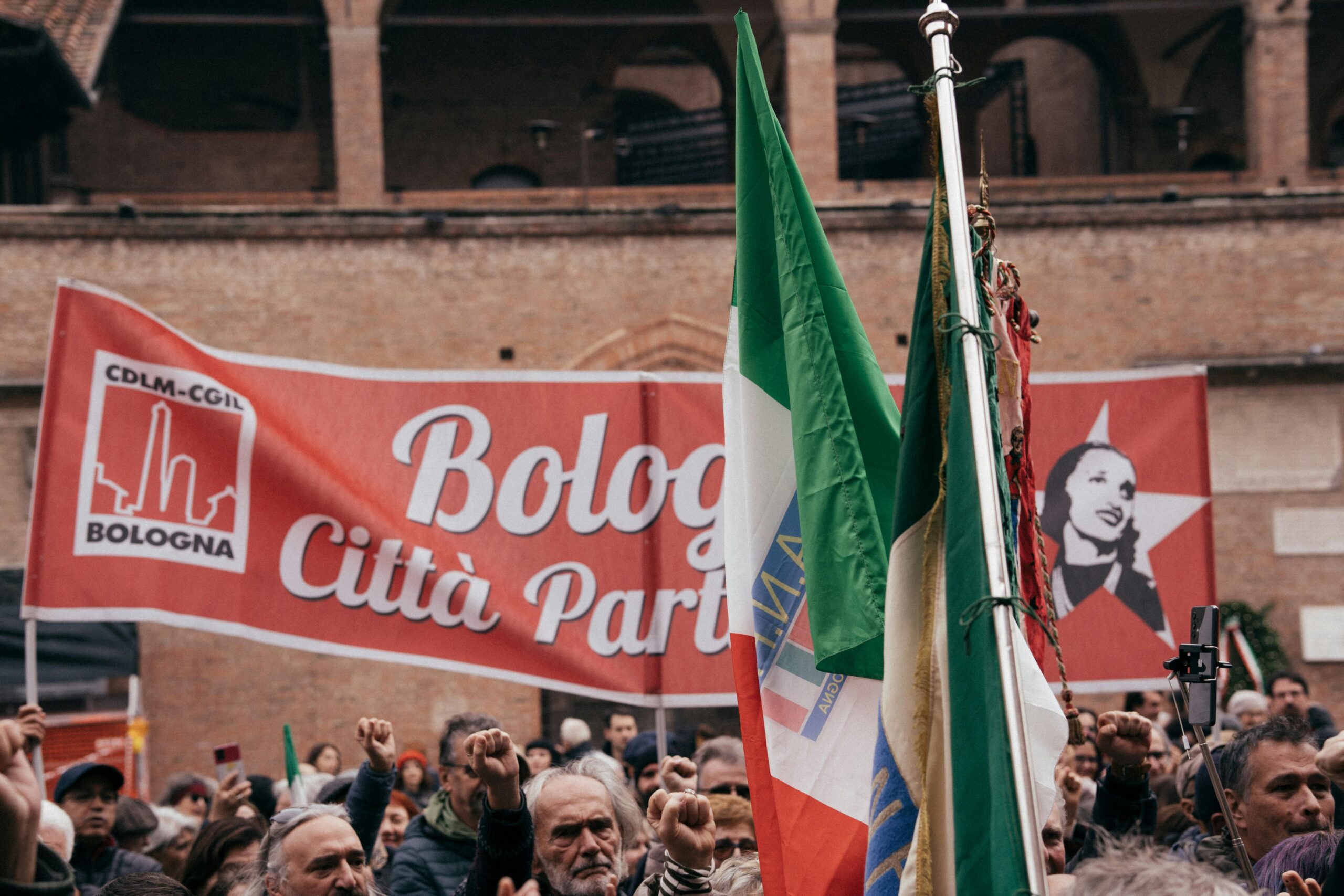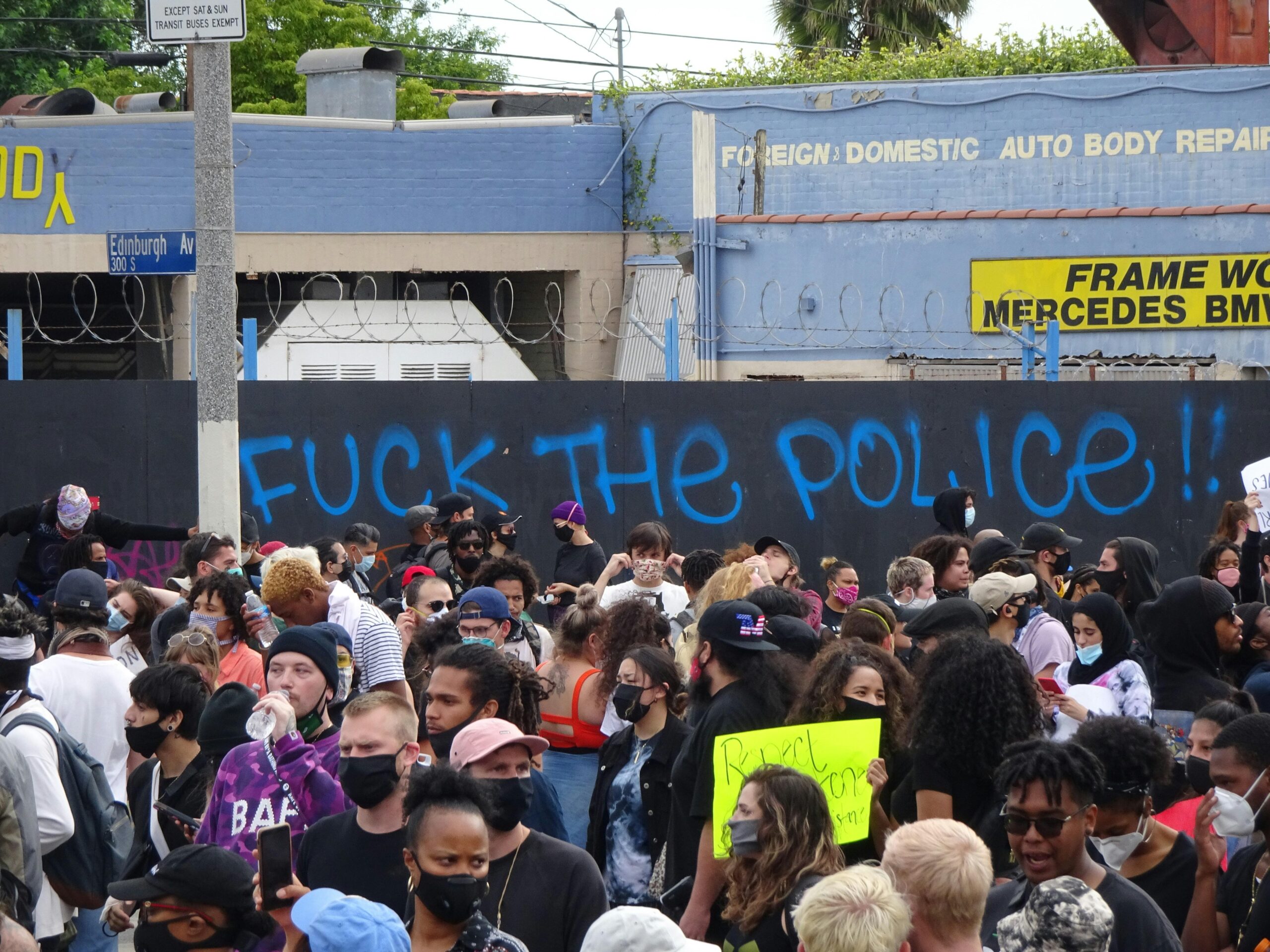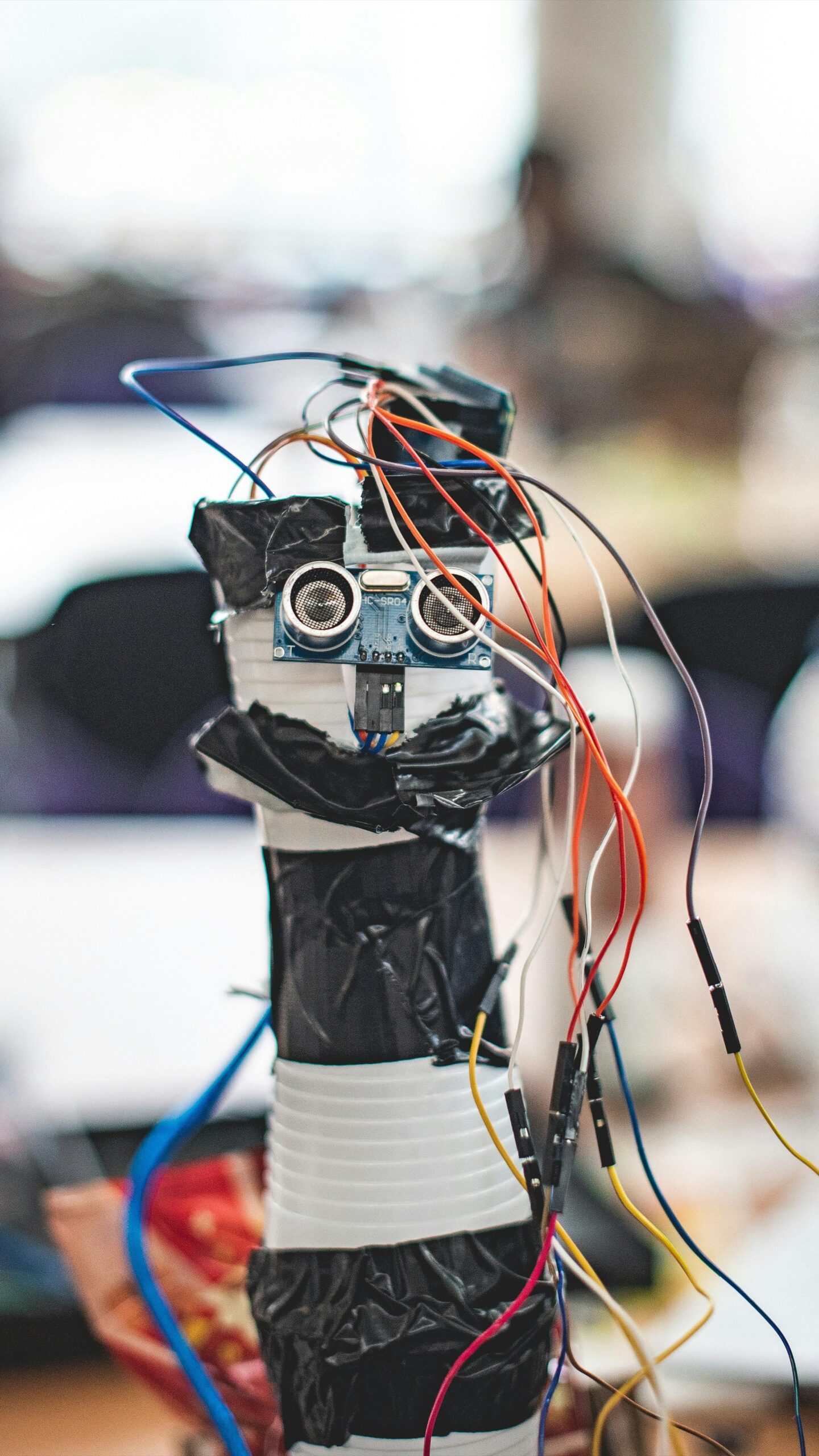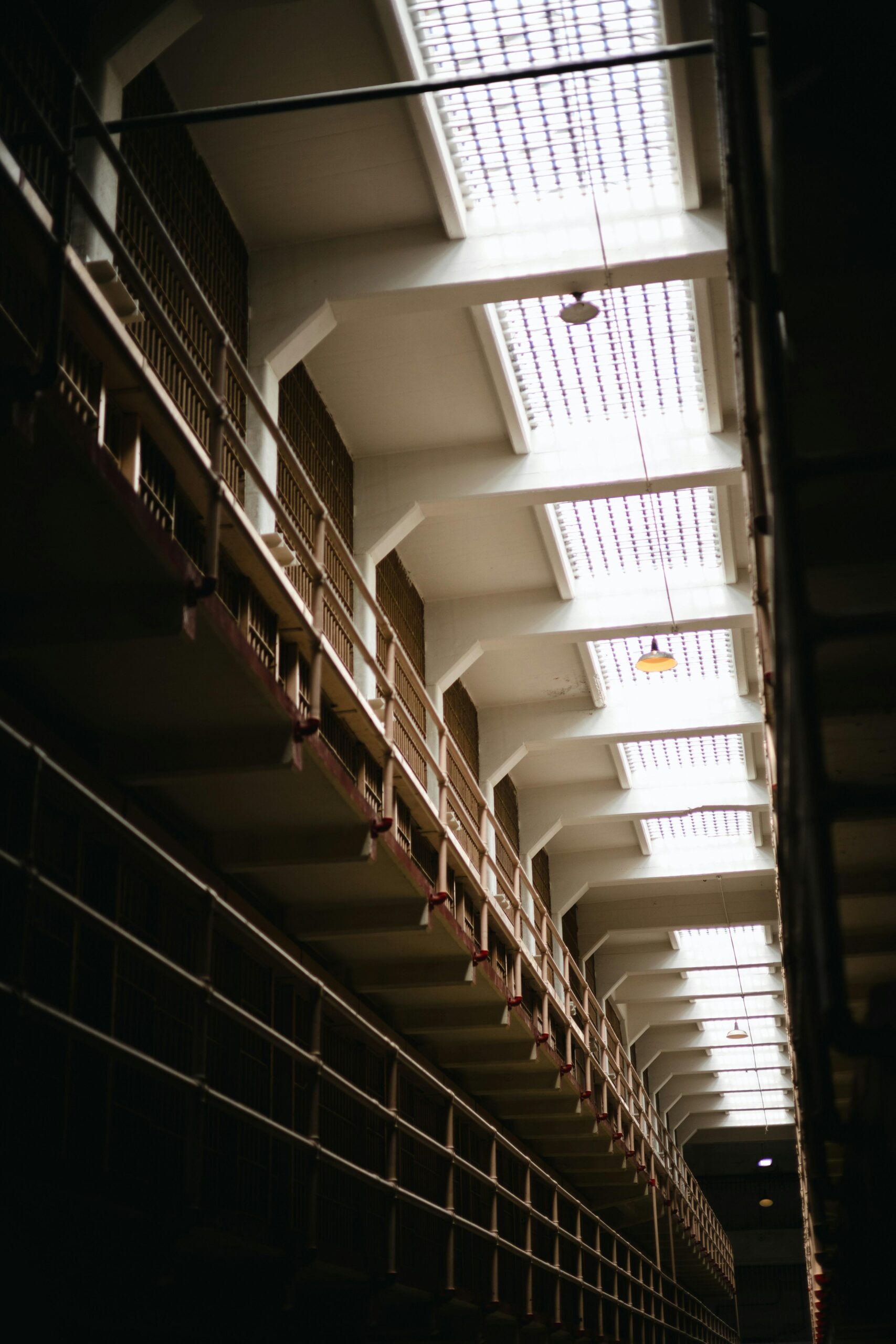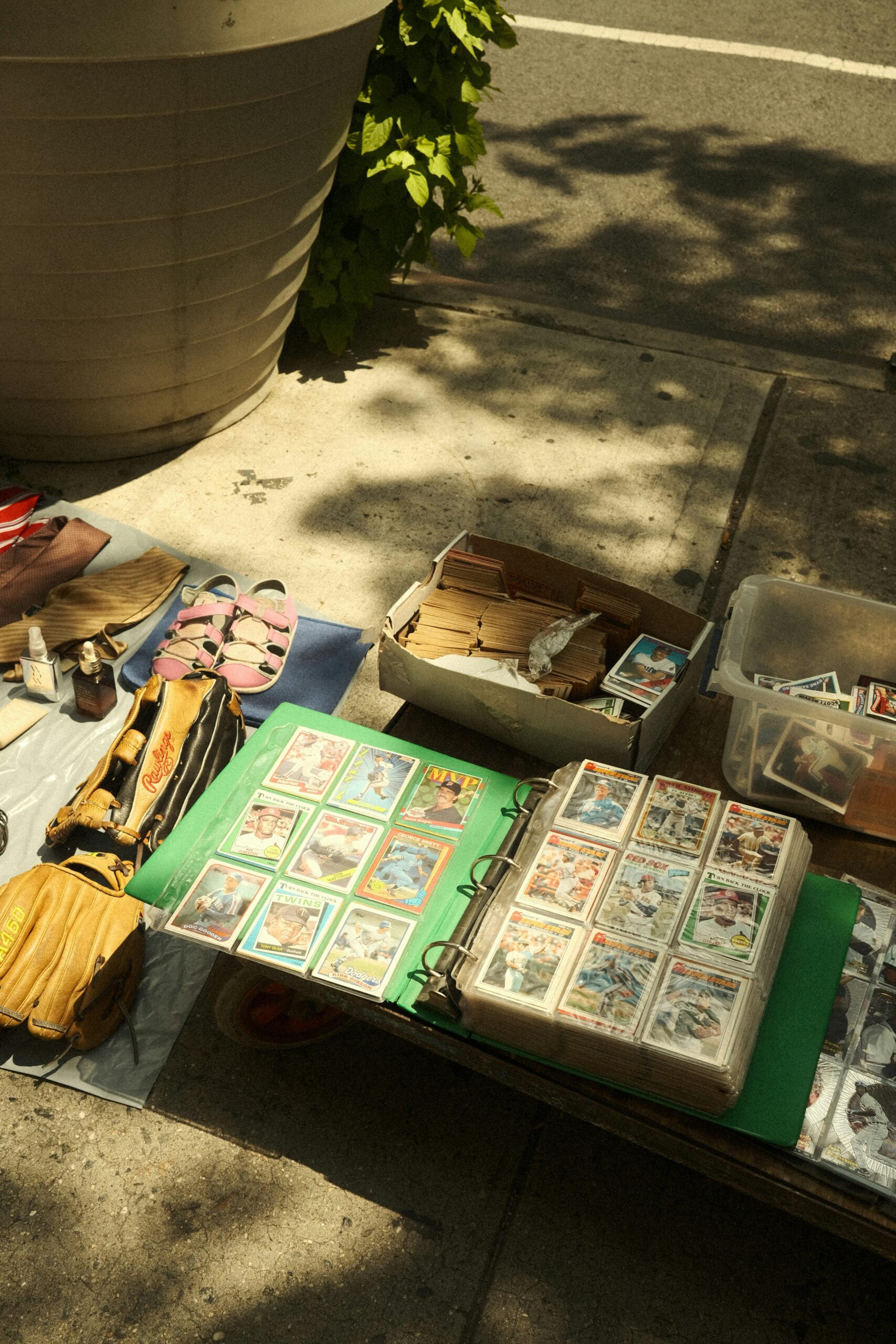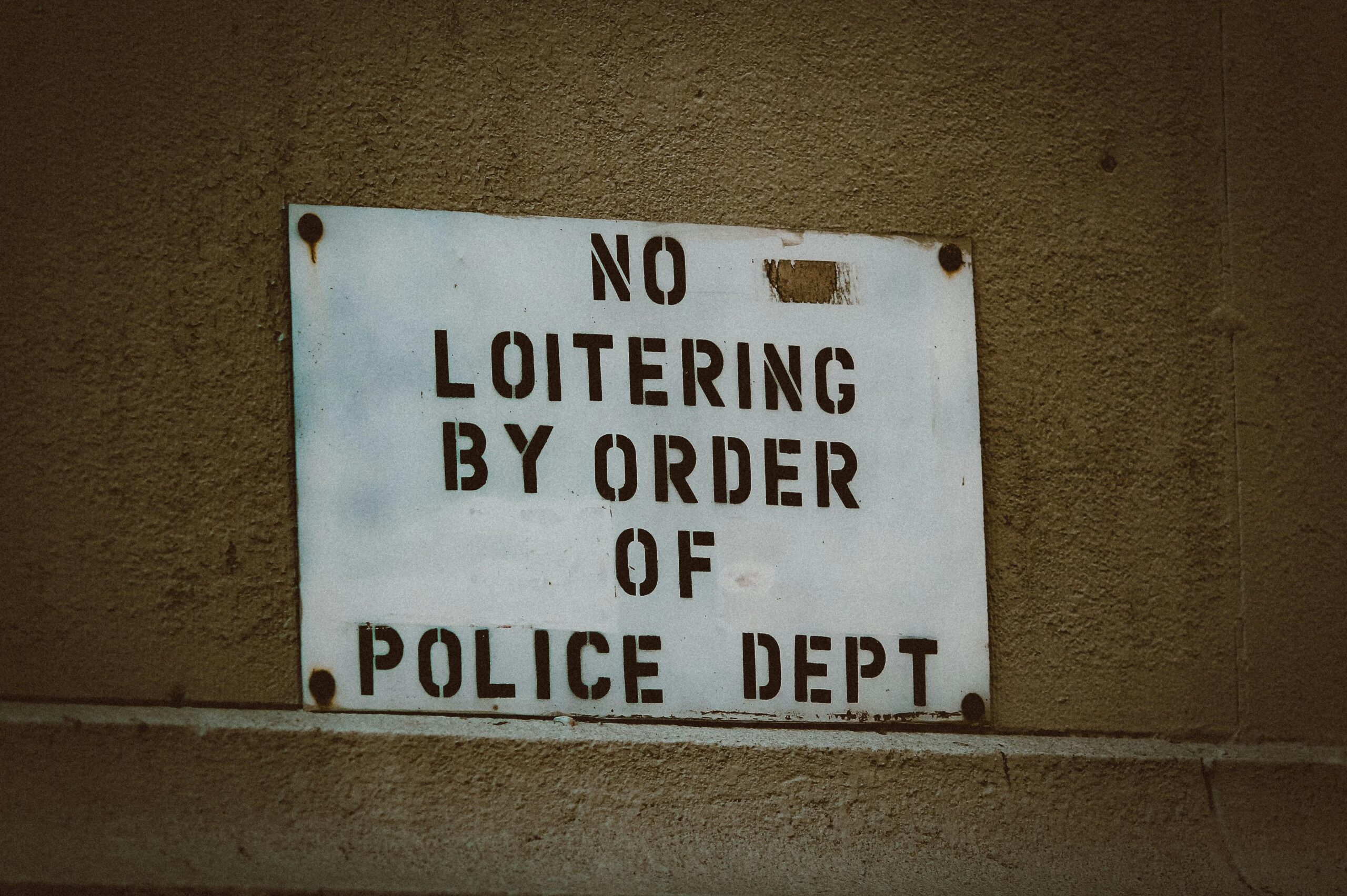When we think about politics and big business, the spotlight usually shines on elected officials, CEOs, and headline-grabbing deals. But lurking just beyond the public eye is a far more shadowy force quietly pulling strings — the Mafia. This secretive network has long been whispered about as a formidable player that shapes decisions, sways power, and influences economies in ways most of us never see. So, how exactly does this underground entity weave itself into the fabric of politics and business behind the scenes? Let’s dive into the intriguing world where crime meets power, uncovering the subtle yet profound ways the Mafia leaves its mark on institutions we often take for granted.
Table of Contents
- The Invisible Hand How Mafia Networks Influence Political Decisions
- Behind Closed Doors The Mafia’s Role in Corporate Power Plays
- The Hidden Economy Uncovering Mafia Infiltration in Legitimate Businesses
- Breaking the Cycle Practical Steps to Detect and Combat Mafia Corruption
- To Conclude
The Invisible Hand How Mafia Networks Influence Political Decisions
Behind the glossy facade of political rallies and business negotiations lies a web spun by unseen hands. These networks operate not through overt domination but via intricate systems of favors, threats, and strategic alliances. Politicians may find themselves courted and coerced simultaneously, their decisions subtly steered to align with interests that thrive in the shadows. This influence thrives on the Mafia’s deep-rooted connections, where loyalty is currency and silence is golden. The ability to sway contracts, manipulate elections, and delay justice quietly alters the trajectory of entire communities without ever making headlines.
Understanding this covert manipulation involves peeling back layers of power that extend beyond mere corruption. These networks often rely on:
- Strategic bribery, ensuring compliance with whispers rather than open demands.
- Selective intimidation, where fear replaces direct confrontation.
- Embedded business partnerships, creating economic dependencies that serve long-term control.
In this landscape, the Mafia acts not just as a criminal entity but as a shadow-state influencing the very institutions meant to regulate society. The consequence is a political ecosystem where illusion and reality often merge, leaving citizens wondering who truly pulls the strings.
Behind Closed Doors The Mafia’s Role in Corporate Power Plays
Far from the gritty streets often portrayed in media, the Mafia’s influence seeps into the glass towers of corporate boardrooms and political corridors where decisions reshape economies and societies. Operating in the shadows, these clandestine networks leverage their power not just through intimidation, but by weaving intricate webs of financial schemes and strategic alliances. This invisible grip allows them to sway mergers, manipulate stock prices, and even dictate government policies to protect their interests. Their strength lies in subtlety—silently orchestrating outcomes as a shadow force that few outsiders can detect or disrupt.
Key tactics that the Mafia employs include:
- Money laundering: Cleaning illicit profits to funnel into legitimate businesses, gaining control without overt ownership.
- Political corruption: Buying influence through campaign financing and bribery to shape favorable legislation.
- Intellectual property theft: Exploiting innovations for economic dominance without the pitfalls of research and development costs.
- Coercive partnerships: Forcing compliant alliances through subtle threats or leveraging debts to maintain a tight grip on competitive markets.
Behind these maneuvers lies a sophisticated understanding of both legal loopholes and human vulnerabilities—enabling an undeniable, albeit hidden, force in shaping the true architecture of power today.
The Hidden Economy Uncovering Mafia Infiltration in Legitimate Businesses
The seemingly invisible thread weaving through the fabric of local economies is often spun by unseen hands, orchestrating a complex network of influence and control. Mafia groups have long mastered the art of blending their operations into the ordinary—quietly acquiring stakes in seemingly legitimate businesses such as construction firms, waste management companies, and hospitality ventures. This covert integration allows them to launder money, manipulate market conditions, and exert pressure on regional economies without raising suspicion. By embedding themselves within these industries, they create a parallel economy that thrives beneath the surface, where legality and crime intersect in unsettling harmony.
Uncovering the extent of this infiltration reveals a pattern of tactics designed to evade detection while solidifying power. These include:
- Strategic partnerships with unsuspecting entrepreneurs
- Coercive takeovers disguised as business acquisitions
- Employment of seemingly legitimate front companies
- Manipulation of political connections to influence public contracts
Understanding these mechanisms challenges our perception of what constitutes legitimate business. It prompts the question: how many enterprises operate under the shadow of organized crime? When financial success and political clout conceal nefarious control, the true cost is paid not just in lost revenue, but in compromised governance and public trust.
Breaking the Cycle Practical Steps to Detect and Combat Mafia Corruption
The first crucial move to disrupt entrenched mafia influence lies in enhancing transparency across political and business realms. When financial transactions, public contracts, and political donations are visible to the public eye, shadowy dealings have far fewer places to hide. Advocating for and implementing open-data policies fosters an informed citizenry and responsive institutions. Equally essential is equipping investigative bodies with cutting-edge forensic accounting tools and the legal authority to trace illicit money flows. A proactive approach, combining technology with unwavering legal frameworks, creates an environment where corruption struggles to take root.
Community engagement also plays an indispensable role. Empowering local watchdog groups and whistleblowers with protection and channels to report suspicious activity injects grassroots momentum into broader enforcement efforts. Consider the power of:
- Anonymous tip lines supported by legal immunities.
- Regular public forums to discuss local contracting and political funding.
- Educational campaigns demystifying corruption tactics and encouraging civic vigilance.
These pragmatic steps chip away at the silent complicity that allows mafia networks to thrive, replacing fear with collective resolve to reclaim integrity in politics and commerce.
To Conclude
As we peel back the layers of how the Mafia quietly pulls strings in politics and business, it’s clear their influence is both deep and far-reaching. While the spotlight often shines on legitimate power players, it’s the shadowy figures working behind the scenes who can truly sway the course of events. Understanding this hidden web not only satisfies our curiosity about the darker side of power but also reminds us to stay vigilant about the forces shaping our world—often in ways we least expect. Who knows what other secrets lie just beneath the surface, influencing the headlines of tomorrow?


